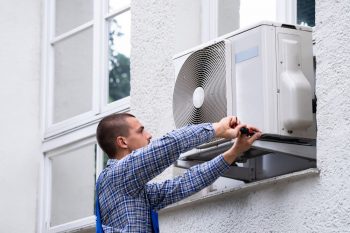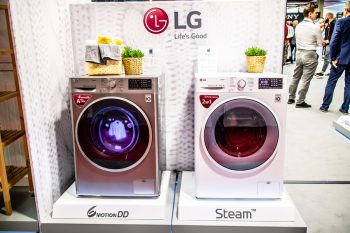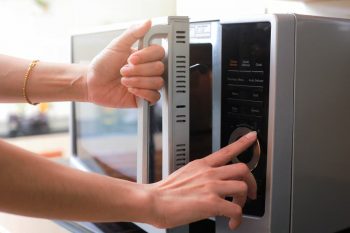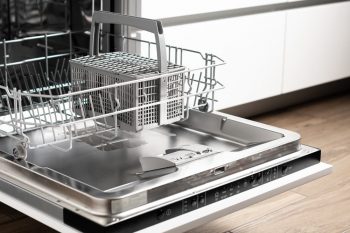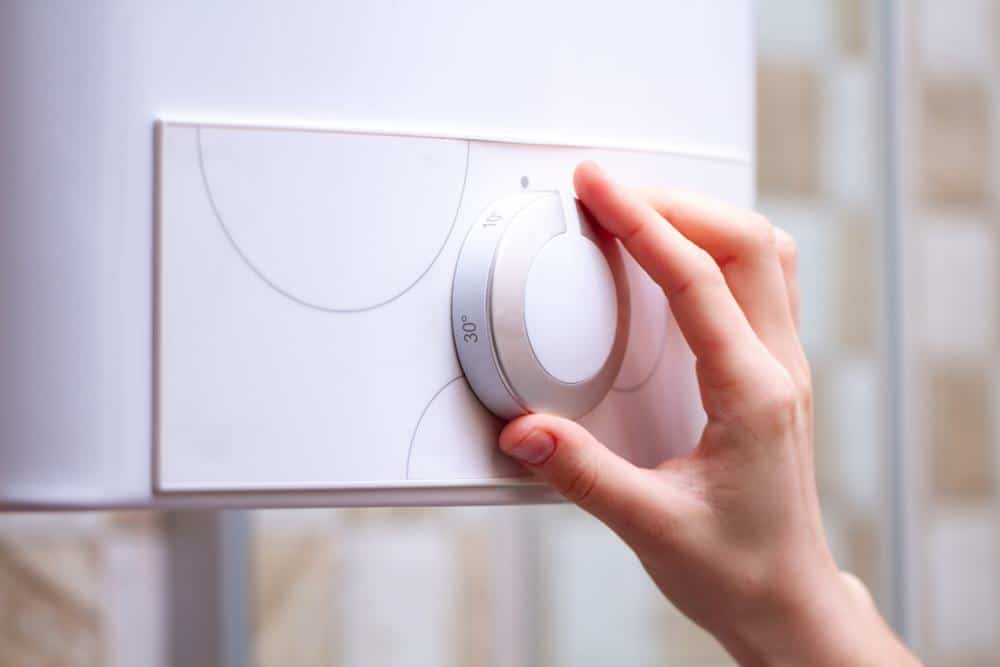
Insulating a water heater is an effective and cost-efficient way to save on energy costs. By reducing standby heat losses by 25%–45%, you can save about 7%–16% in water heating costs annually. In this comprehensive guide, we will walk you through the process of insulating a water heater, the benefits, materials needed, and common mistakes to avoid.
To insulate a water heater, first, turn off the water heater for safety. Then, measure the height of the water heater and cut the insulating blanket to fit if necessary. Wrap the insulating blanket snugly around the water heater, cut access doors in the insulation, and ensure the temperature/pressure relief valve is not covered. Finally, insulate the hot water pipes leading to and from the water heater to prevent heat loss, and then turn the power back on. It’s a simple process that can save you energy and money.
Benefits of Insulating a Water Heater
- Energy Efficiency: An insulated water heater consumes less energy to maintain the desired water temperature, ultimately saving you money on utility bills.
- Faster Payback Period: The energy savings from insulating your water heater can pay for the insulation cost in about a year.
- Reduced Heat Loss: Insulating a water heater can help prevent heat loss into the floor, potentially saving you an additional 4%–9% of water heating energy.
- Improved Hot Water Temperature: Properly insulated water heaters can maintain a comfortable hot water temperature for longer periods.
- Reduced Noise Levels: Insulation can help reduce noise levels from the water heater, providing a quieter environment.
- Protection from Dust and Dirt: Insulation can prevent dust and dirt from entering the water heater tank, helping to maintain its efficiency and prolong its lifespan.
Types of Water Heaters that Can Be Insulated
Various types of water heaters can be insulated, including tank water heaters, indirect water heaters, heat-pump water heaters, solar-powered water heaters, and storage tank water heaters.
Materials Needed to Insulate a Water Heater
- Water Heater Insulating Blanket Kit: These kits are designed for gas, oil, or electric water heaters and can be found in various materials, including fiberglass, foam rubber, and wool.
- Gloves and Dust Mask: These are essential for handling fiberglass insulation materials.
- Electrical or Adhesive Tape: This is used to secure the insulation blanket around the water heater.
- Scissors and Marker: These tools will help you cut the insulation blanket to the appropriate size and mark any necessary adjustments.
Steps to Insulate a Water Heater
- Turn off the Water Heater: Before starting, ensure the water heater is turned off for safety reasons.
- Measure the Height of the Water Heater: Cut the insulation blanket to fit if necessary.
- Wrap the Insulation Blanket Around the Water Heater: Ensure the blanket fits snugly around the tank.
- Cut Access Doors in the Insulation: Cut access doors in the insulation to allow viewing of safety warnings and operating instructions when needed.
- Do Not Cover the Temperature/Pressure Relief Valve: Ensure the temperature/pressure relief valve is not covered by the insulation.
- Insulate the Pipes: Insulate the hot water pipes leading to and from the water heater to prevent heat loss.
- Turn the Power Back On: Once the insulation is properly installed, turn the power back on to the water heater.
Expected Savings
Insulating a water heater and hot water pipes can lead to significant savings on energy bills over time. The investment in insulation materials, such as a water heater blanket, typically pays for itself within a year.
Risks and Dangers
While insulating a water heater can improve energy efficiency, there are some risks and dangers associated with it, such as overheating, fire hazards, toxic substances, warranty issues, blocking access, and asbestos hazards.
Re-insulation Frequency
Regularly monitor the insulation efficiency of your water heater to ensure optimal energy efficiency and minimize heat loss. If you notice any issues or concerns with the insulation, address them promptly to maintain optimal performance.
DIY or Professional Assistance?
Insulating a water heater can be a DIY project for electric water heaters, while gas water heaters may require professional assistance. The process is generally inexpensive and can result in significant energy savings.
Common Mistakes to Avoid
Common mistakes to avoid when insulating a water heater include inadequate insulation, poor material selection and connections, installing insulation too close to heat sources, leaving gaps in insulation, using the wrong insulation, and soldering connections near the tank.
In conclusion, insulating a water heater is a cost-efficient and effective way to save on energy costs. By following the above steps and avoiding common mistakes, you can enjoy a more energy-efficient home.
Frequently Asked Questions
What type of insulation material is best for a water heater?
The choice of insulation material largely depends on your personal preference and the type of water heater you have. However, fiberglass is commonly used due to its excellent insulation properties and durability.
How much can I expect to save on my energy bills by insulating my water heater?
By reducing standby heat losses by 25%–45%, you can save about 7%–16% in water heating costs annually. However, exact savings can vary depending on the type of water heater, the quality of the insulation, and your local energy costs.
Can insulating a water heater cause any damage to the heater itself?
If done correctly, insulating a water heater should not cause any damage. However, it’s essential not to cover the temperature/pressure relief valve or any vents on gas water heaters, as this could lead to overheating and other safety issues.
Is it safe to insulate a water heater on my own, or should I hire a professional?
Insulating an electric water heater can generally be done as a DIY project, especially if you’re using a water heater blanket kit. However, gas water heaters may require professional assistance due to the risk of blocking vents or other safety concerns.
How often should I check the insulation on my water heater?
It’s a good idea to regularly monitor the insulation efficiency of your water heater to ensure optimal energy efficiency. If you notice any issues or concerns with the insulation, address them promptly to maintain optimal performance.

